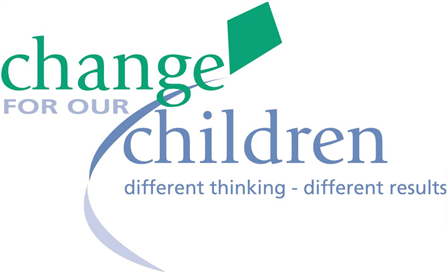Safe Start™
Safe Start™ is our programme for preventing sudden unexpected death in infancy (SUDI). It works to strengthen the efforts of health professionals, community agencies and others dedicated to promoting a safe and healthy start to life for every child. The programme spans more than twenty years of initiatives and has been funded in part by the New Zealand Ministry of Health since 1994.
What is SUDI?
SUDI is the term now used to describe the sudden unexpected death of a baby in the first year of life. It includes deaths from SIDS (or cot death) as well as deaths from other causes such as suffocation. The umbrella term, SUDI, is used in New Zealand to avoid confusion from different diagnoses of the causes of death and the different interpretations of New Zealand coroners for deaths of babies as they sleep.
How common is SUDI?
There are about 50 SUDI deaths each year in New Zealand from 60000 live births. While this is down from 250 deaths per year in the 1980's, it is still the main cause of preventable deaths of babies in the first year of life. SUDI is rare for babies whose carers heed the safety advice and high for those who do not. The main findings of research can be summarised as three safety principles: face-up, face clear, smokefree. These safety principles work together to strengthen a child's safety as they sleep.
2009 to 2014 prevention focus
The prevention focus for Safe Start™ for 2009 to 2014 is preventing accidental suffocation deaths.
- promoting a shared vision: safe sleep for every baby in every place and every sleep
- providing e-learning opportunities so thyat everyone can be updated and informed
- supporting health professionals and parents maintain high levels of understanding and safe sleep practice with an emphasis on NICU and SCBU settings
- strengthening community awareness with an emphasis on the baby products manufacture, marketing and retail settings
- strengthening trust and belief in prevention information with an emphasis on peer to peer communication in priority groups
- Developing enabling strategies to address increased risk from smoking in pregnancy and vulnerable babies sharing beds with others.


